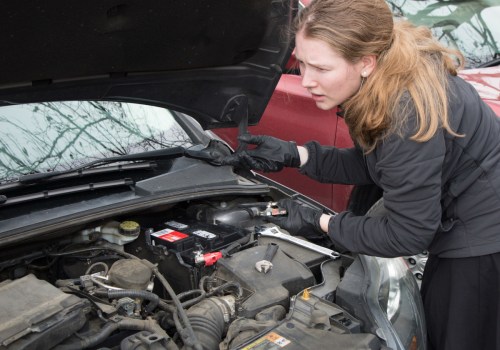The starter motor, located near Isle of Palms SC, is an essential part of the car's electrical system and is subject to blown fuses and short circuits. When you've been desperately trying to start your car, the Auto Mechanic near Isle of Palms SC warns that the starter can overheat, increasing the likelihood of electrical problems and the resulting formation of smoke. While a starter wouldn't have a direct effect on a car's electrical system, it could affect it indirectly. If the starter was not working properly, it could cause the engine to fail to start. If the engine doesn't start, the alternator will not be able to charge the battery. Over time, this could cause the electrical system to not work properly.
In some cases, a faulty start can also cause other electrical problems. A faulty start can cause the motor to operate inefficiently, which can lead to an overload in the electrical system. This can cause the lights to flicker or even to short circuit. The starter motor is part of the car's electrical system and is susceptible to short circuits and depends on fuses.
Therefore, it sends a small current to the starter solenoid or starter relay, which is then used to open and close an electrical circuit between the starter and the car's battery. If the lights flash, it is important to have the starter and other electrical system components checked by a professional to ensure safety and reliability. Therefore, you need to deal with some common symptoms of a bad starter motor to repair it in time and reduce possible risks. You will most likely have a problem with the starter relay if you try to start your car and the engine doesn't start right away, you try again and it works.











